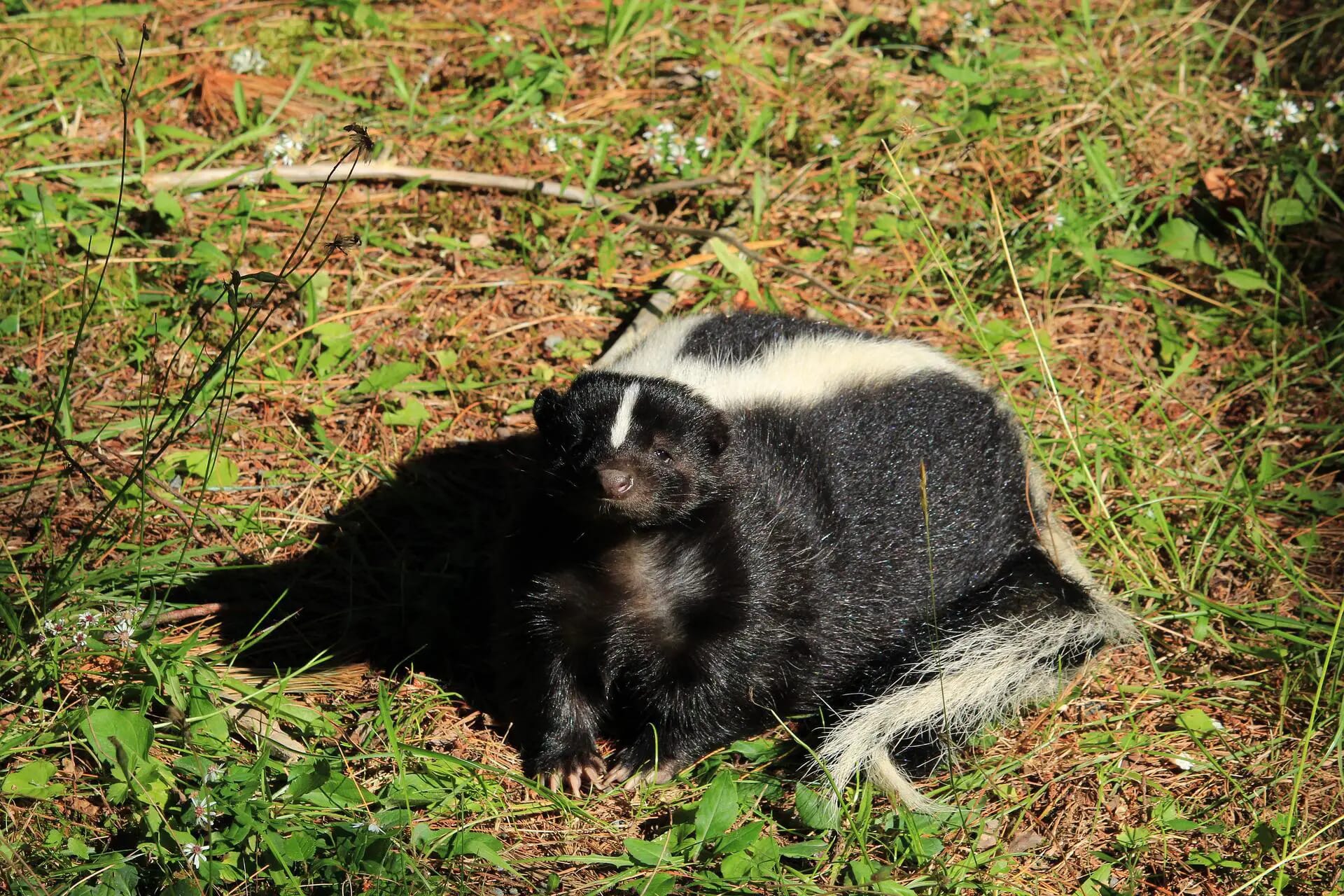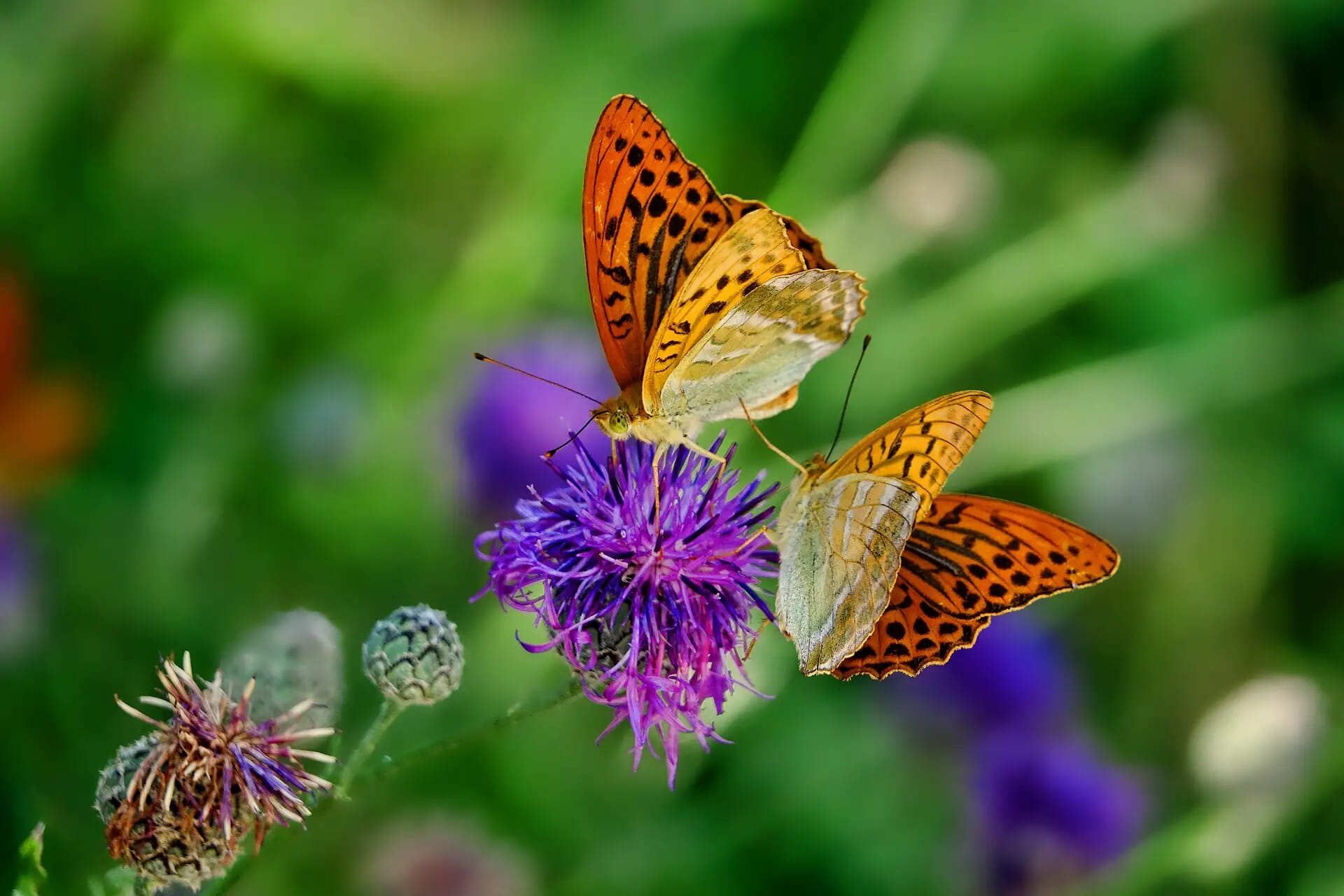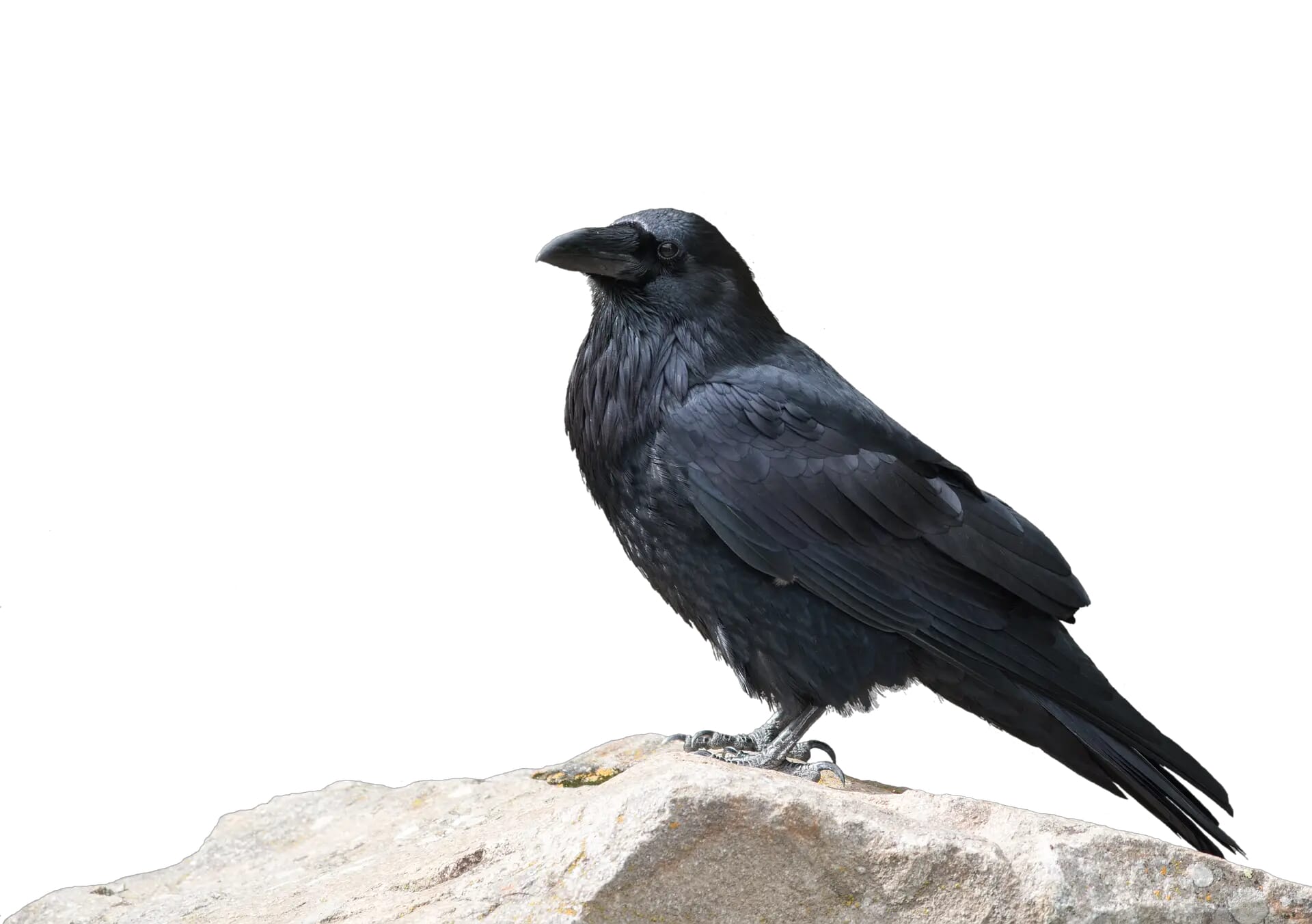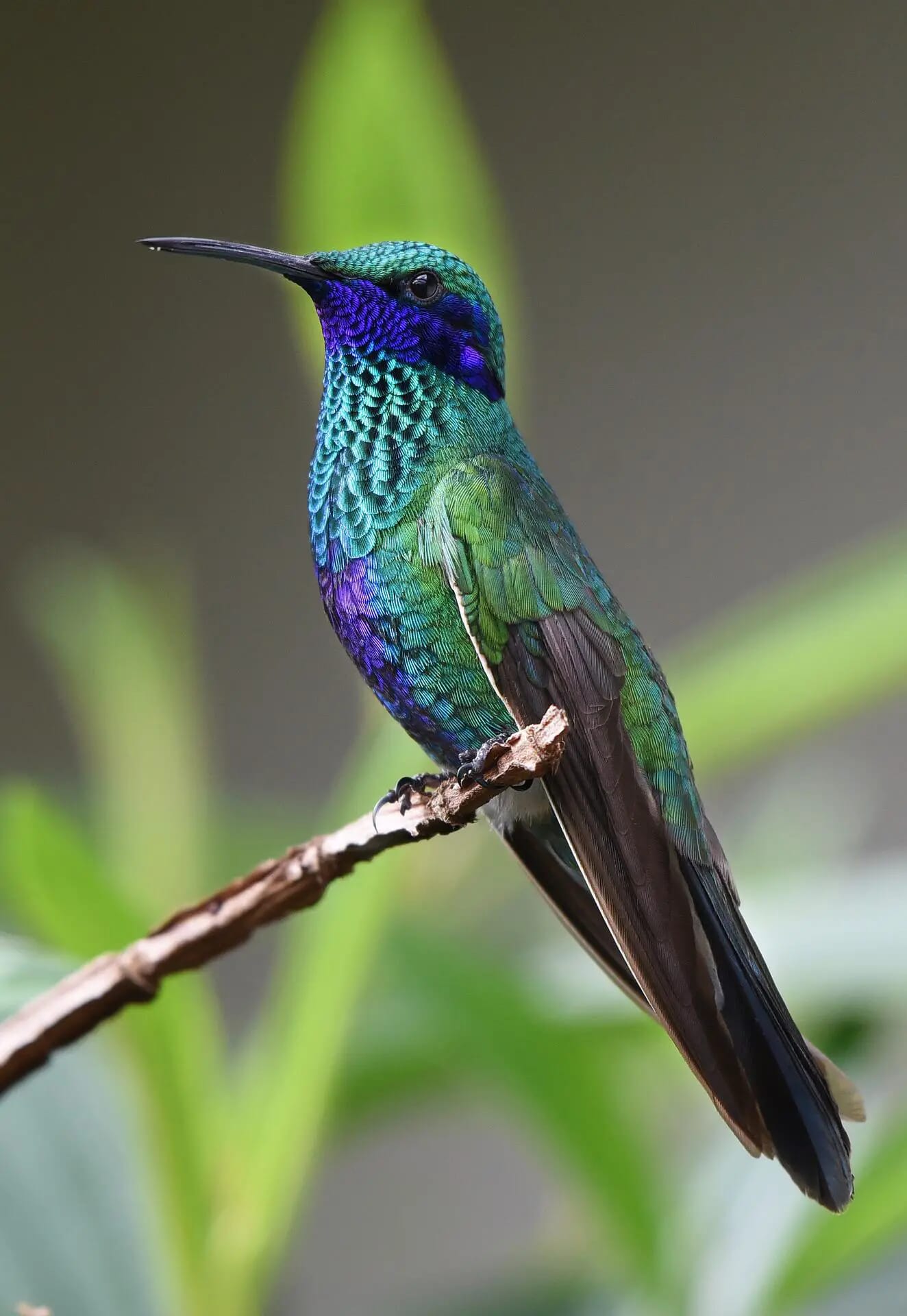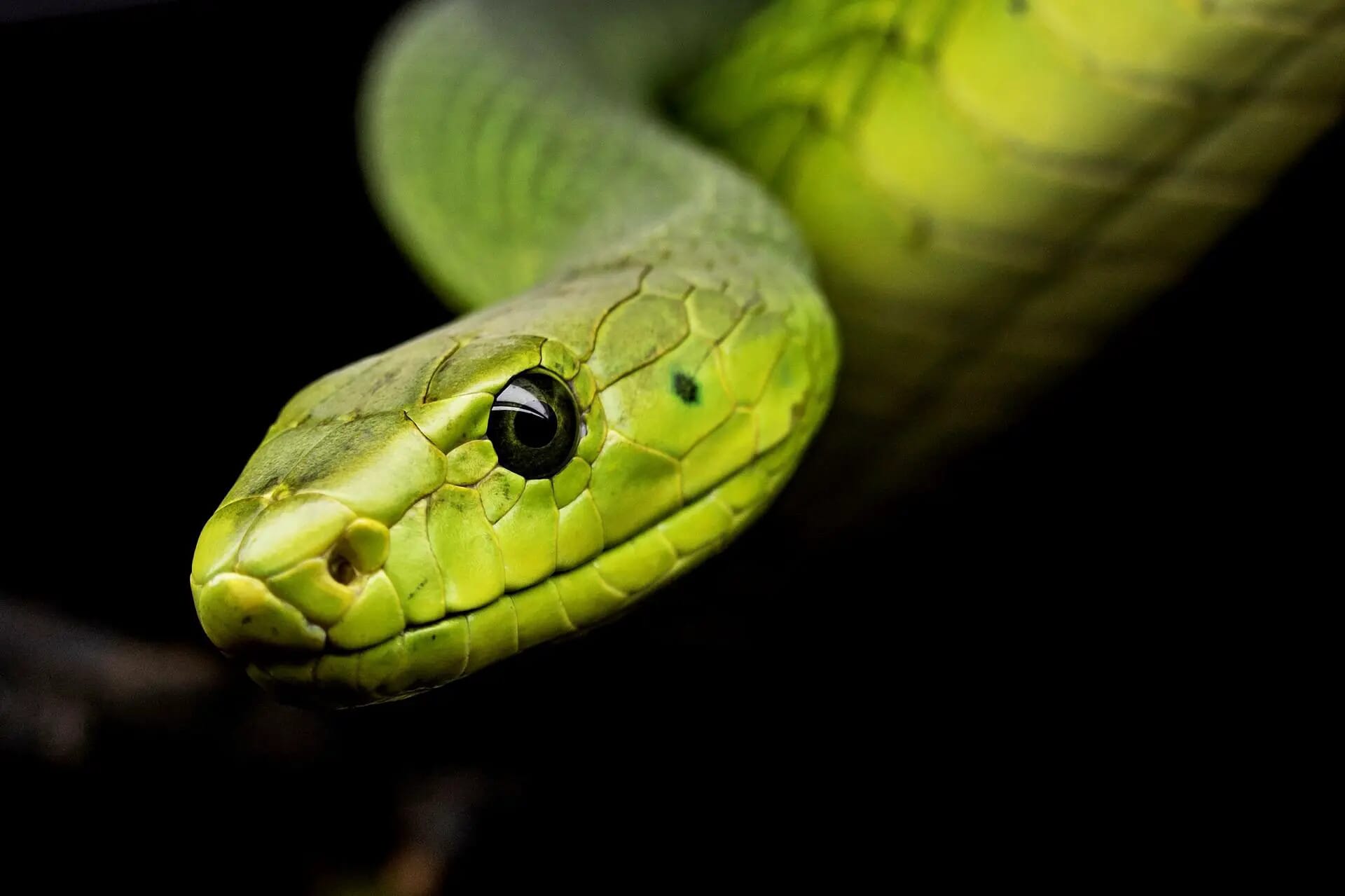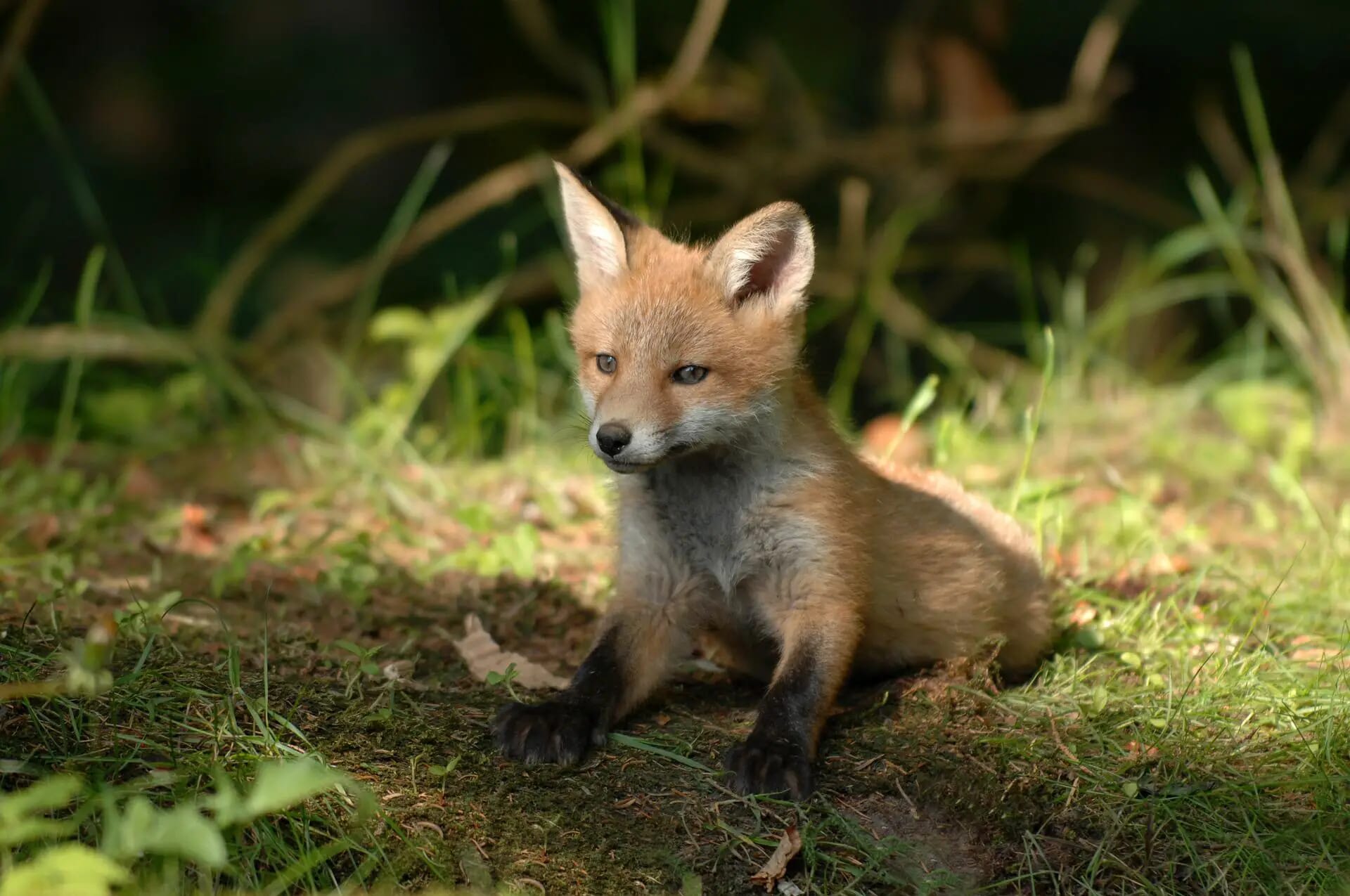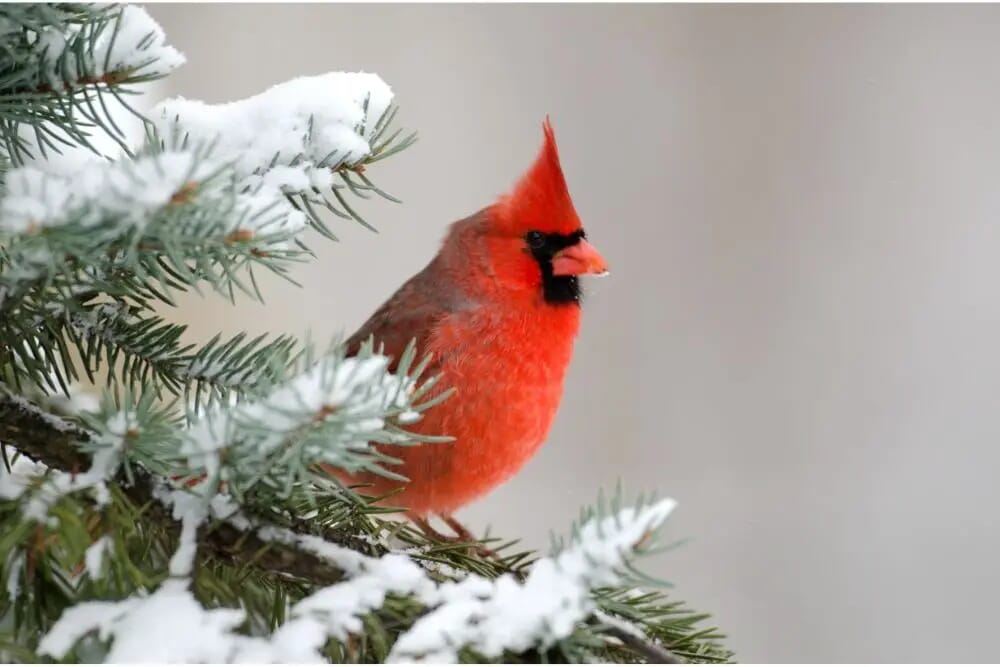Last Updated on December 21, 2023
Get ready to go out on a voyage into the fascinating realm of the skunk, where profound insights, totemic wisdom, and hidden symbolism are just waiting to be discovered.
These mysterious beings, recognized for their distinguishing marks and defensive mechanisms, occupy a special place in the world of spiritual symbols, representing traits of protection, assurance, and transformation.
We’ll delve deeply into the skunk’s significance in this investigation, providing totemic insights that go beyond its striking appearance.
We’ll discuss the difficulties they can aid you in overcoming, the behaviors they encourage, and the revolutionary answers they provide to people who accept their presence.
Prepare to unlock the skunk’s knowledge and uncover the symbolism it holds for all time.
Key Takeaways
- Spiritual Symbolism: Skunks symbolize prudence, limits, and self-protection, emphasizing the importance of setting boundaries for personal well-being.
- Cultural Meanings: Revered across cultures, skunks represent defense against evil, adaptability, and protection from diseases in Native American and African traditions.
- Dream Interpretation: Dreaming of skunks signifies protection and caution, urging individuals to establish clear personal limits for physical and emotional well-being.
- Nocturnal Behavior and Adaptability: Skunks, primarily nocturnal, inspire lessons in vigilance and adaptability, encouraging resourcefulness to navigate life’s changing circumstances.
- Practical Applications: Skunk symbolism extends into daily life, emphasizing the importance of personal boundaries and caution in interactions, coupled with resourcefulness and adaptability.
- Positive Growth Perspective: Despite some negative interpretations, skunk symbolism ultimately encourages personal growth, resilience, and embracing transformative change for future happiness.
Skunk Symbolic Meanings
We’ve discussed a lot of different meanings behind the skunk spiritual meaning and dissected a lot of symbolism. Here’s the short version of what it means to be connected to a skunk spirit.
- Independent
- Aggressive
- Flirty
- Can be loners
- Unlikable
- Metaphorically stinky
- Fierce defenders
Skunk Symbolism and Meaning: What You Need to Know
| Symbolic Quality | Description |
| Protection | Skunks symbolize protection, warning, and boundary-setting. |
| Confidence | They inspire self-assurance and self-awareness. |
| Transformation | Skunks represent the ability to transform and adapt. |
| Wisdom | Their symbolism embodies wisdom in defense strategies. |
| Reclamation of Power | Skunks stand for establishing oneself and taking charge. |
A skunk is black and white, and if it ever feels threatened will release a toxic spray from its anal glands. This is actually very important to its symbolism.
Because of this skunks are intrinsically linked to vulgarity, obscenity, and danger.
It’s given them a dangerous reputation and everyone knows to avoid skunks. Symbolically, it is someone you don’t want to be around.
It makes them sound terrible right? On the flip side, if we break down the colors of their stripes (black and white) we get a much better picture of the skunk.
Black and white represent universal balance. Light & dark, injustice & justice, truth & lies, order & chaos, Yin & Yang, etc… In this way, skunks are seen as balanced creatures.
Yes, they might spray you and get you all stinky, but chances are you were messing with them and deserved it. They tend not to attack maliciously, they only defend when they are scared.
Finding the Skunk Spirit Animal’s Wisdom and Symbolism
- Having a skunk as a spirit animal means it guides you throughout life and you may share similar traits with it.
- It signifies authenticity and being unapologetically yourself, as skunks don’t pretend to be something they’re not.
- Spirit animals can communicate with you by appearing in your life at random moments.
- Seeing a skunk can have different meanings, such as a reminder to stay true to yourself or a sign that you may be repressing anger toward a situation that needs addressing.
RELATED: Possum: Spiritual Meaning, Dream Meaning, Symbolism & More
The Skunk Totem Animal’s Deep Meaning
| Totemic Aspect | Description |
| Challenges | Skunks assist in overcoming obstacles by emphasizing the value of establishing personal boundaries. |
| Actions | They inspire actions related to self-confidence, self-protection, and adapting to situations. |
| Solutions | Skunk wisdom offers solutions for handling conflicts, finding inner strength, and transformation. |
Shamanism maintains a strong conviction that humans are connected to the spirit realm and that we may communicate with the spirits of all living things.
A spirit you’ve linked with is your totem animal, also known as a spirit or power animal. Skunks are prized as totems in Native American cultures, and tribes have been known to wear bracelets made of skunk hair during combat.
A profound desire for justice and a reminder that you have the capacity to make justice prevail are both expressed when you come into contact with your skunk totem.
Skunks spiritual represent justice in all its forms, carrying it in their spray. Take control of your sense of justice and act with the independence of the skunk.
Similar to how skunks tend to live alone, a skunk totem can also represent loneliness. It encourages reflection on your solitude, whether it is intentional or not.
RELATED: Beaver: Spiritual Meaning, Dream Meaning, Symbolism & More
The Skunk Power Animal’s Empowering Meaning
- – People with a skunk power animal are known for their authenticity but might come across as rough or brutally honest.
- – While authenticity is valuable, it’s essential to be mindful of other people’s feelings and be honest without hurting them.
- – Skunks spray when they feel threatened, and those with a skunk power animal might exhibit defensive behavior, especially in intimate situations.
- – Skunks, despite being loners, have many mates, and people with this power animal may be flirtatious and non-committal due to intimacy issues.
- – The message of the skunk power animal is to learn that life is enriched by relationships, and intimacy is not something to fear.
Native American Culture’s Symbolism of the Skunk: Insights and Meanings
In Native American culture, animals have deep symbolic meaning and are associated with different clans. Clans with skunk symbols, known as kunipalgi, were found among the Choctaw, Chickasaw, and Creek tribes. Skunks symbolized danger and fearlessness.
Cherokee tribes used skunks to protect against smallpox. People with smallpox applied skunk spray, deterring others from entering infected homes, which helped limit the disease’s spread.
Skunks were also seen as powerful omens. Their presence warned of nearby dark forces or impending danger. A skunk nesting near a home was believed to foretell a family member’s death.
Skunk fur and tails were utilized as pelts but were not eaten. Skunk tails were employed by shamans in exorcisms and other ceremonies because of their connection to evil spirits.
However, some Native Americans thought that coming across a skunk meant that a loved one who had passed away was guiding them.
RELATED: Raccoon: Spiritual Meaning, Dream Meaning, Symbolism & More
Finding the Mystical Meaning of the Skunk in Celtic Symbolism
- Spotting a skunk signified the need to reconsider a decision, as the choice made was likely to have negative consequences.
- Similar to Native American beliefs, the Celts considered skunks to be bad omens. If you smelled a skunk, it was believed to foretell rain the following day.
- If a skunk approached someone’s doorstep when they were ill, it was considered a harbinger of doom.
Skunk Symbolism in Christian Thought: Understanding Its Special Meaning
In the Old Testament God sets out a list of animals that are considered unclean. It is forbidden to touch, eat, and use any part of them.
The skunk is listed as one of these unclean animals. Because of this, it is forbidden to touch, eat, or use any part of a skunk in Christianity.
Skunk Dream Interpretation: Messages from the Subconscious
- Dreaming of animals, including skunks, can serve as a means for your subconscious to offer guidance through your psyche.
- Each animal in a dream may carry symbolic meaning and can be analyzed for significance.
- Dreaming of a skunk can symbolize that something is amiss with someone in your life, serving as a warning.
- Skunk dreams often act as warnings regarding individuals or situations.
- A skunk in a dream can also represent your reputation and how others perceive you. If the skunk is spraying, it signifies that your reputation might be taking a hit.
- Reflect on what actions you can take to rectify or improve your reputation, which may involve making significant spiritual changes.
What a Black Skunk Means in Your Dream: Insights and Interpretations
Warning or Caution: In your waking life, a black skunk may represent something or someone you should proceed cautiously towards. It might be a cautionary tale to be wary of anything or someone who might be harboring bad intentions.
Hidden Threat: Black can often represent the unknown or hidden aspects. Dreaming of a black skunk might indicate that there’s a hidden threat or issue you need to address or be aware of.
Unpleasant Encounter: A recent unpleasant or disagreeable experience or circumstance, or one you predict, may be reflected in a black skunk dream.
White Skunk Symbolism in Dreams: Meanings and Interpretations
Purity and Transformation: White often symbolizes purity and innocence. Dreaming of a white skunk might suggest a transformation or purification process in your life, where negative or difficult aspects are being purified or cleansed.
Unique and Unusual: White skunks are extremely rare in nature. Dreaming of one could symbolize a unique or unusual situation or individual in your life. It may signify something out of the ordinary or a one-of-a-kind experience.
New Beginnings: White is also associated with new beginnings and fresh starts. Dreaming of a white skunk might indicate that you are on the verge of starting a new chapter in your life or making a significant change.
Keep in mind that dream interpretation is arbitrary and that a dream’s meaning might be extremely personal.
It’s important to take into account the context of the dream, your feelings at the time, and your present situation in order to fully comprehend the meaning of a skunk or any other dream symbol.
Additionally, journaling your dreams and looking for recurring themes in them might provide you insight into your unconscious ideas and emotions.
The Skunk Tattoo’s Symbolic Significance: Meanings and Interpretations
- Tattoos often hold significant meaning for individuals.
- Animal tattoos carry meanings rooted in various cultures and traditions.
- In Native American culture, a skunk tattoo may symbolize a loved one who has passed away or an ancestor due to the belief that skunks embody spirits of the deceased.
- Skunks are known for their independence and self-defense capabilities, making a skunk tattoo represent these traits.
- Colloquially, skunk tattoos are associated with individuals who feel like outsiders or on the fringes of society, often linked to the old-school rocker subculture.
RELATED: Hare: Spiritual Meaning, Dream Meaning, Symbolism & More
Exploring the Spiritual Meanings: Insights and Significance
| Life Challenge | Skunk-Inspired Solution |
|---|---|
| Conflict Resolution | Learn to speak clearly and to set boundaries. |
| Lack of Confidence | Embrace the skunk’s confidence in its defenses. |
| Fear of Change | Imitate the skunk’s capacity for change and adaptation. |
| Self-Protection | Develop self-protection strategies like a skunk’s spray. |
A skunk can have different spiritual meanings based on the culture.
In Native American culture, as well as in Celtic, they are often seen as negative omens. But it doesn’t necessarily mean bad.
The skunk is feared because of its smell, more than anything else. Because once you’re sprayed by a skunk, then it’s game over.
The smell is inescapable, eye-watering, and so overpowering. In that way, the skunk represents a spiritually challenging situation that will do the same to you, metaphorically.
A skunk will always be a skunk no matter what. Spiritually it also represents being authentic and true to yourself, no matter what the outcome is.
However, this may not always be a good thing. Seeing a skunk can help you reflect on what you want it to mean when you’re being yourself.
It’s also an omen to check yourself before you wreck yourself. Watch how you affect other people and the lives of people around you.
A Cosmic Connection between the Skunk and the Zodiac Signs in Astrology
- The skunk is one of the primal zodiac signs, which result from combining your Western zodiac sign with your Eastern zodiac animal.
- If you have a skunk as your primal zodiac sign, you are likely a Sagittarius born in the year of the rat.
- Skunk individuals may have a reputation for being independent and not conforming to societal norms.
- They often have a sharp, independent nature that can sometimes alienate others.
- Skunk primal zodiac individuals can be charming when they choose to be and typically prefer to avoid committed relationships, seeing them as a threat to their independence.
- Overcoming the fear of depending on others and learning to cooperate with those around them is a significant challenge for skunk individuals.
RELATED: Hedgehog: Spiritual Meaning, Dream Meaning, Symbolism & More
Exploring the Rich Tapestry of African Culture: African Symbolic Meanings
| Culture | Skunk Symbolism |
| Native American | Skunks are considered sacred animals with protective qualities. |
| Chinese | The skunk is thought to symbolise bravery in various Chinese civilizations. |
| Mayan | Mayans associate skunks with transformation and adaptability. |
Much like Native Americans, African tribes used to believe in the power of the skunk to ward off diseases.
They would hang a punctured, (obviously dead), skunk at the entrance of their homes so the disease couldn’t enter.
Though nowadays we know that it was more the social distancing, than the actual skunk, that helped to stop the spread of the diseases.
The red skunk, or as it’s more commonly known, the Zorrilla skunk, is native to Africa.
It’s a lot more aggressive in everything it does, compared to North Western and American skunks.
That’s why zorilla skunks are very symbolic of aggression in Africa, as they are furious in everything they do- including mating. They’re a lot stinkier too!
The Stinky Protector: Skunk Symbolism in Mythology and Folklore
Native American Beliefs:
Skunks frequently make an appearance in Native American tribes’ mythologies and folklore. They are regarded as strong, revered animals.
The skunk is seen in certain cultures as a symbol of defense and the capacity to fend off evil or peril. Evil spirits are said to be driven away by the potent skunk odor.
Transformation and Respect:
Skunks that have the ability to change into people or other animals are characters in certain Native American tales.
Skunks spiritual meaning are frequently depicted as knowledgeable and revered creatures, and their distinctive markings and mannerisms have great meaning.
Skunk Symbolism in Literature and Art: An Exploration
Caution and Defense: Skunks are sometimes employed as a symbol for caution and self-defense in literature and art. They all have the ability to spray a potent, foul-smelling gas when threatened. This may represent the desire to defend oneself or proceed with care in particular circumstances.
Individuality: The distinguishing black and white markings on skunks might be seen as a sign of originality and distinctiveness. Skunks are sometimes shown in works of art to suggest that it’s acceptable to stick out and be unique from the crowd.
Dual Nature: Skunks are sometimes used to represent the duality of things—how something that initially seems harmless can actually have hidden strengths or dangers—by contrast between their charming appearance and their powerful defense mechanism.
Celtic Mythology’s Skunk: Uncovering Its Mysterious Meaning
Since skunks are native to the Americas and were unknown to the Celts who lived in Europe, skunks do not figure in Celtic mythology.
Celtic mythology is full of animal symbolism, including those of wolves, deer, and birds, which were common to the Celtic people.
Skunks therefore don’t have a particular place in Celtic mythology. Skunks weren’t a part of the Celtic landscape, which is where most of the symbolism from that culture originates from.
Skunks are not common in Europe, and the majority of the creatures and symbols in Celtic mythology are indigenous to the areas where the Celts lived.
The Skunk in Japanese Culture: Insights and Interpretations
Skunks are not indigenous to Japan, nor are they depicted in Japanese mythology or culture.
The crane, fox, and koi fish are just a few of the many symbolic creatures that have a long history in Japan and play important roles in mythology, literature, and the arts.
The Skunk in Feng Shui: Balancing Energies and Symbolism
As Feng Shui generally concentrates on the energy flow and balance within living spaces and the placement of things, components, and colors to create harmony and well-being, skunks are not typically connected with its practices.
Skunks don’t appear in Chinese symbolism or mythology, although Feng Shui has its roots in Chinese culture and symbolism.
Bible Skunk Symbolism: Uncovering Hidden Intentions
Skunks are not native to the areas covered in biblical writings, hence they are not mentioned in the Bible.
The skunk is not one of the animals mentioned in the Bible, yet other creatures are. The Bible frequently refers to animals in symbolic or metaphorical contexts that were familiar to the biblical cultures, including fish, lions, doves, sheep, and goats.
The meanings ascribed to animals in biblical symbolism are frequently based on those animals’ activities and traits as well as their cultural and theological significance in the biblical context.
Skunks don’t have a specific symbolic connotation in biblical texts because they weren’t a part of the biblical world.
Skunk Encounters and Their Meaning: Interpretations and Insights
Caution and Warning: Seeing a skunk in your waking life or dream can symbolize a need for caution. It may be a reminder to exercise care and discretion in your actions or decisions to avoid potential conflicts or problems.
Boundaries and Defense: The distinguishing defense method used by skunks is a pungent spray. A skunk may serve as a reminder that it’s time to establish personal boundaries and, if required, stand up for your beliefs or opinions.
Self-Reflection: Skunks have unique black and white markings, often representing duality. Seeing a skunk may encourage you to explore your own dualities, balancing aspects of your personality or life that seem contradictory.
The Symbolic Meaning of Hearing a Skunk: Messages from Nature
The need to be aware and attentive in your waking life might be symbolized by hearing a skunk rustle or make noise. It might imply that you need to pay more attention to your environment, a specific circumstance, or a specific person.
When they feel threatened, skunks may create sounds. If you hear a skunk in this situation, it can be a sign that you need to let others know about your worries or cautions, or it might be an attempt to warn you of impending hazards.
Exploring the Many Facets of Skunk Symbolism
Defensiveness and Boundaries: Skunks are well known for acting defensively. They may stand for the significance of establishing personal boundaries and being equipped to defend yourself when necessary. They serve as a gentle reminder that it’s acceptable to defend our personal space.
Caution and Discretion: Skunks are cautious animals. Their presence in symbolism can serve as a reminder to approach situations with care and discretion, avoiding unnecessary risks or conflicts.
Balance and Duality: Skunks’ distinctive black and white markings can symbolize the idea of balancing dualities in life. They may represent the coexistence of opposites, such as light and dark, good and bad, or yin and yang.
Hidden Talents: Due to their strong odor, skunks are frequently misunderstood. They may symbolize buried abilities or potential that is not immediately visible in symbology. They nudge us to see past outward appearances.
Self-Confidence: Despite their small size, skunks are not easily intimidated. They can symbolize self-confidence and the ability to assert oneself when needed, even in the face of challenges.
Adaptability: Skunks are adaptable creatures that can thrive in various environments. They might represent the capacity to adjust to shifting circumstances and make the most of the opportunities presented by life.
Skunk Sayings:
“Stink to High Heaven”: This saying means something smells extremely bad. It may be used figuratively to describe a situation or action that is morally offensive or unethical.
“Raise a Stink”: To “raise a stink” means to make a strong and often noisy protest about something. It’s a way of expressing dissatisfaction or objection.
“Not Worth a Tinker’s Damn”: This phrase implies that something or someone is of little or no value. The term “tinker’s damn” originally referred to a small amount of solder used by tinsmiths, and over time, it came to symbolize something insignificant.
“You Can’t Make a Silk Purse out of a Sow’s Ear”: This saying suggests that you cannot turn something inherently low-quality or undesirable into something valuable or superior. It implies limitations and the importance of recognizing inherent qualities.
Deities in Cultural Beliefs: Exploring Skunk Deities
In mythology, skunks are rarely connected to gods or goddesses. Skunks are indigenous to the Americas, and they are not often represented in other old mythology from around the world.
Animals endemic to the areas where such mythology arose are frequently adored or linked to gods and goddesses in mythological systems.
The Symbolism and Interpretations of Meeting a Dead Skunk
A dead skunk may bring about a range of responses and interpretations:
Endings and Transformation
Finding a dead skunk might symbolize the conclusion of a certain stage of life or circumstance. It serves as a reminder of the transforming aspect of life, where every end leads to a new beginning.
Caution and Reflection
The sight of a dead skunk warns us to be cautious and set limits. It emphasizes the importance of being mindful of our surroundings and potential dangers, especially considering the skunk’s inactive defense mechanism after death.
Recognition of Mortality
Observing a dead skunk may prompt reflections on life’s transience and mortality. It reminds us to make the most of our time and consider the effects of our actions carefully.
Skunk Facts & Trivia: A Look into the World of These Unusual Animals
Defense Mechanism: Skunks are known for their unique defense mechanism—a foul-smelling spray that they can release when threatened. This spray is an effective deterrent against predators.
Omnivorous Diet: Skunks have diverse diets, including insects, small mammals, fruits, and plants. They are opportunistic feeders and adapt to various food sources.
Nocturnal Behavior: Skunks are primarily nocturnal animals, meaning they are most active at night. They have excellent night vision, which helps them hunt for food in the dark.
Mating Season: The mating season for skunks usually occurs in late winter or early spring. A litter of young, known as kits, is born by female skunks after a gestation period of around two months.
Solitary Creatures: Skunks are generally solitary animals, and they often mark their territories with scent markings to communicate with other skunks.
Protective Organizations for Skunks:
Wildlife Rehabilitation Centers: Skunks and other wildlife are protected and cared for by numerous wildlife rehabilitation facilities and organizations around the world. In order to release these creatures back into their original habitats, they offer them medical attention and support.
Local Animal Rescue Groups: Many local animal rescue groups and societies focus on the protection and welfare of skunks and other wildlife in their specific regions. They frequently work with local communities to resolve conflicts between people and wildlife and to spread knowledge about getting along with skunks.
Daily Application Of Skunk Symbolism: Practical Benefits
Setting Boundaries
Skunks’ cautious nature can serve as a reminder to approach situations in life with awareness and mindfulness. By paying attention to our surroundings and potential risks, we can navigate life more safely.
Resourcefulness
Skunks’ omnivorous diet and adaptability can inspire resourcefulness in our daily lives. We can learn to make the most of available resources and adapt to changing circumstances effectively. (100 kilometers).
Nocturnal Activities
We might consider the nighttime habits of skunks and consider our own patterns of production and creativity. Some people discover that they are more creative or productive at night, and it can be helpful to change their routines accordingly.
Respect for Solitude
Skunks’ solitary nature encourages us to appreciate solitude and self-reflection. Taking time for introspection and self-care can contribute to personal growth and well-being.
Transformation
Skunk symbolism may remind us of the transformative power of change. Just as skunks undergo various life stages, we can embrace change and transformation as opportunities for growth and renewal.
RELATED: Otter: Spiritual Meaning, Dream Meaning, Symbolism & More
Frequently Asked Questions
What is the spiritual meaning of skunks?
In spirituality, skunks are frequently linked to prudence, limits, and protection. They may stand in for the value of safeguarding oneself and establishing limits.
Why are skunks often associated with symbolism and unique spiritual significance?
Skunks spiritual stand out due to their peculiar defense mechanism and look, which has led to their symbolism of self-preservation and caution in numerous civilizations.
What does it mean when you dream about a skunk?
Skunks in dreams might represent the necessity for protection or caution in a specific circumstance. It might also convey the value of establishing limits.
Are there different interpretations of skunk symbolism in various cultures and belief systems?
Indeed, skunk symbolism varies amongst cultures. Skunks, for instance, can represent caution in some circumstances while serving as strong protectors in Native American societies.
How do Native American cultures interpret the symbolism of skunks?
Skunks are frequently regarded as protectors and warning symbols in Native American beliefs. They are thought to have the ability to ward off evil spirits and negative energies.
In what ways can skunks be seen as symbols of caution and defense in dreams and spirituality?
The potent defense mechanism of skunks, symbolized by their foul-smelling spray, can serve as a metaphor for the need to protect oneself and take caution in a variety of situations.
Are there any cautionary aspects or negative connotations associated with skunk symbolism?
Skunk symbolism typically connotes protection and caution. Negative implications could, however, result from disregarding limits or failing to identify possible risks.
What is the significance of the skunk’s defense mechanism in symbolism and dreams?
The skunk’s defense mechanism serves as a metaphor for the necessity to safeguard one’s bodily and emotional well-being. It may represent the desire for limits or self-defense in dreams.
How can the appearance of a skunk in dreams or symbolism be connected to personal boundaries and assertiveness?
To establish oneself, set boundaries, and safeguard one’s interests can be symbolized by skunks in dreams or symbolism.
Skunks are nocturnal animals, and their antics might represent the need to be watchful and observant, particularly at night or in circumstances that call for extra caution.
- Unlocking The Parrot Spirit Animal Mystique: Symbolism, Totem, And Beyond - February 15, 2022
- Seagulls’ Mystical Flight: Symbolic Insights And Totemic Meanings - February 15, 2022
- Pegasus: Spiritual Meaning, Dream Meaning, Symbolism & More - February 15, 2022

